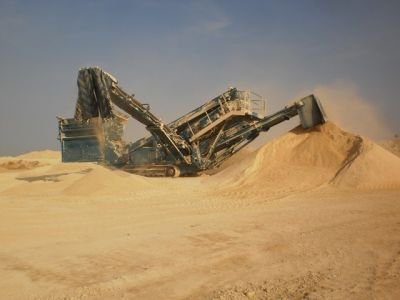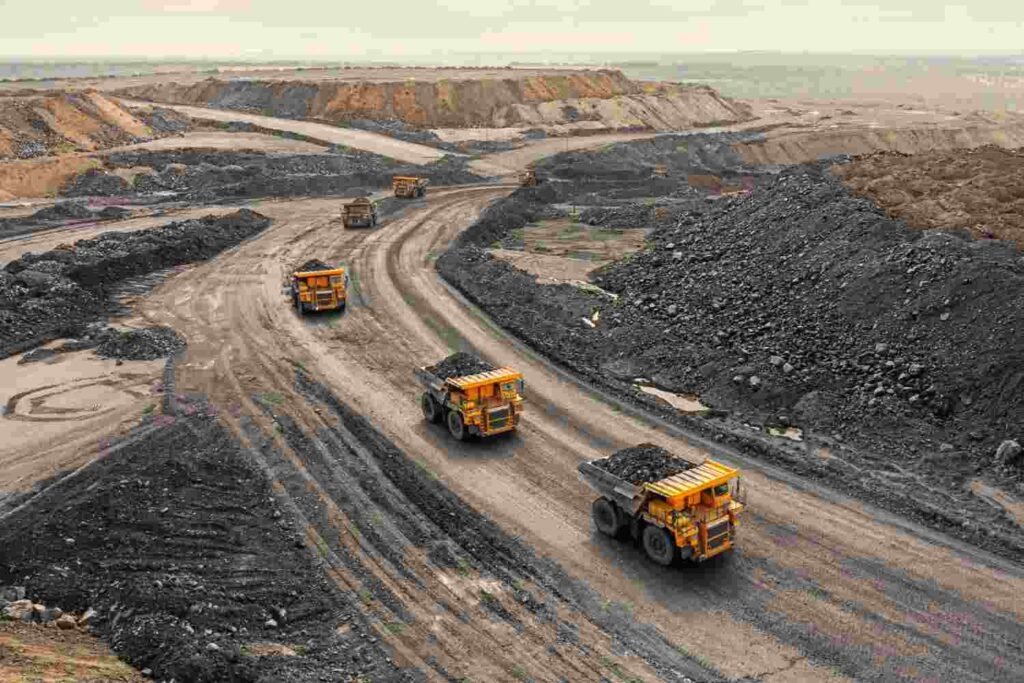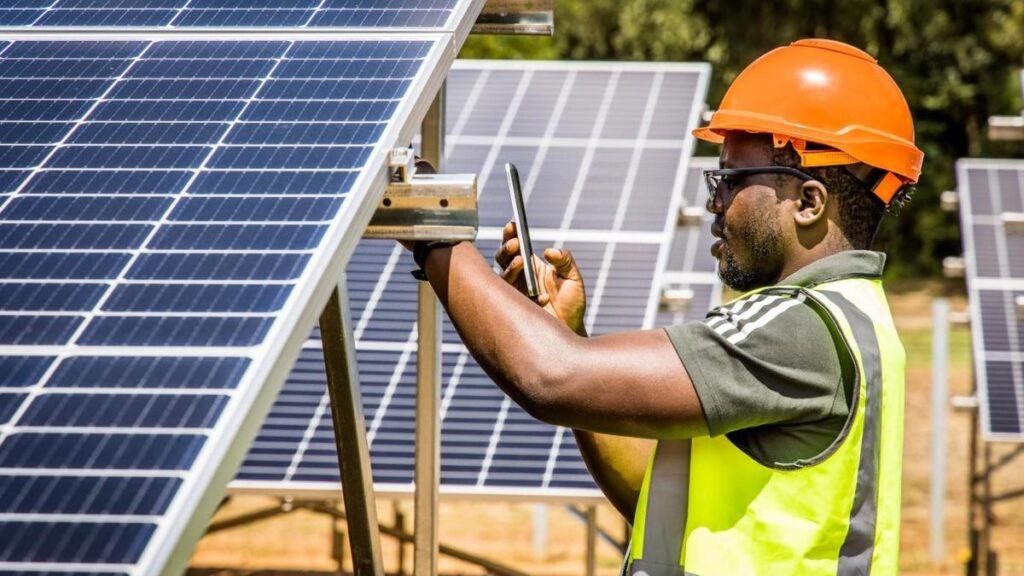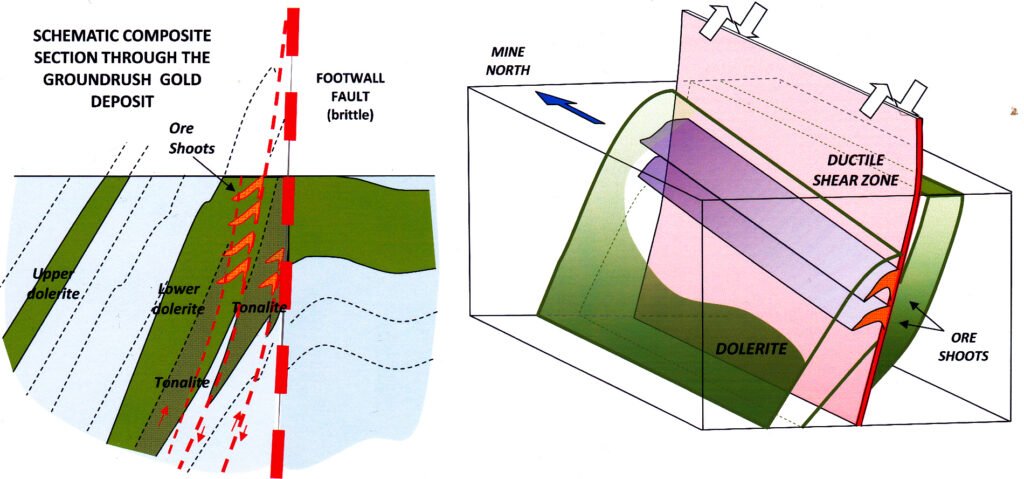China Lithium Mining in Africa
China’s Lithium Mining in Africa: Securing the Future of Clean Energy
As the global demand for lithium surges due to its critical role in electric vehicle (EV) batteries and renewable energy storage, China has strategically positioned itself as a dominant player in Africa’s lithium mining sector. With Africa home to significant untapped lithium reserves, Chinese companies are investing heavily in exploration and extraction projects across the continent. This collaboration between China and African nations presents both opportunities and challenges, shaping the future of clean energy while raising questions about sustainability and equitable benefit-sharing. In this blog post, we will explore China’s involvement in African lithium mining, supported by vivid image descriptions and insights into its implications.

Why Africa? The Continent’s Lithium Potential
Africa holds vast untapped lithium reserves, particularly in countries like Zimbabwe, Namibia, Mali, and the Democratic Republic of Congo (DRC). These resources are critical for meeting the soaring global demand for lithium-ion batteries, which power EVs, smartphones, and solar energy systems. China, as the world’s largest producer and consumer of lithium, views Africa as a strategic partner to secure its supply chain and maintain its dominance in the clean energy market.

China’s Role in African Lithium Mining
1. Investments and Partnerships
Chinese companies have invested billions of dollars in African lithium projects, often through joint ventures or direct acquisitions. For example, Chengxin Lithium Group and Zhejiang Huayou Cobalt have acquired stakes in lithium mines in Zimbabwe and Namibia. These investments bring much-needed capital, technology, and expertise to develop Africa’s lithium industry.

2. Infrastructure Development
China often pairs mining investments with infrastructure projects, such as railways, roads, and ports, to facilitate the transportation of lithium and other minerals. These developments not only benefit mining operations but also improve connectivity and economic growth in local communities.

Key Lithium Projects Across Africa
1. Arcadia Lithium Mine, Zimbabwe
The Arcadia Lithium Mine, operated by Australia’s Prospect Resources and later acquired by Chinese firms, is one of Africa’s most promising lithium projects. It is expected to produce high-grade lithium concentrate for export to China, supporting the country’s EV battery manufacturing.

2. Karibib Lithium Project, Namibia
The Karibib project, backed by Chinese investors, aims to position Namibia as a key supplier of lithium to global markets. The project is part of broader efforts to diversify Namibia’s mining sector beyond uranium and diamonds.

3. Goulamina Lithium Project, Mali
The Goulamina project, partially funded by Chinese firms, is one of the largest undeveloped lithium deposits in the world. Once operational, it will significantly boost Mali’s mining revenues and contribute to global lithium supplies.

Opportunities and Challenges
Opportunities
- Economic Growth: Lithium mining creates jobs, boosts export revenues, and attracts foreign direct investment (FDI), driving economic development in host countries.
- Global Leadership: Africa’s partnerships with China position the continent as a key player in the global clean energy transition.
- Infrastructure Improvements: Investments in roads, railways, and energy systems enhance connectivity and support broader industrialization efforts.
Challenges
- Environmental Concerns: Lithium mining can lead to water scarcity, soil degradation, and habitat destruction, particularly in ecologically sensitive areas.
- Benefit-Sharing Disputes: Local communities often feel excluded from the economic benefits of mining, leading to protests and conflicts.
- Dependence on China: Over-reliance on Chinese investment raises concerns about long-term sovereignty over Africa’s natural resources.
Frequently Asked Questions (FAQs)
Q1: Why is China investing in lithium mining in Africa?
A1: China seeks to secure a stable supply of lithium for its EV and renewable energy industries, ensuring its leadership in the global clean energy market.
Q2: What are the environmental impacts of lithium mining?
A2: Lithium mining can deplete water resources, pollute ecosystems, and disrupt local biodiversity. Sustainable practices are essential to mitigate these effects.
Q3: How does lithium mining benefit African countries?
A3: Lithium mining creates jobs, generates export revenues, and fosters infrastructure development, though equitable benefit-sharing remains a challenge.

